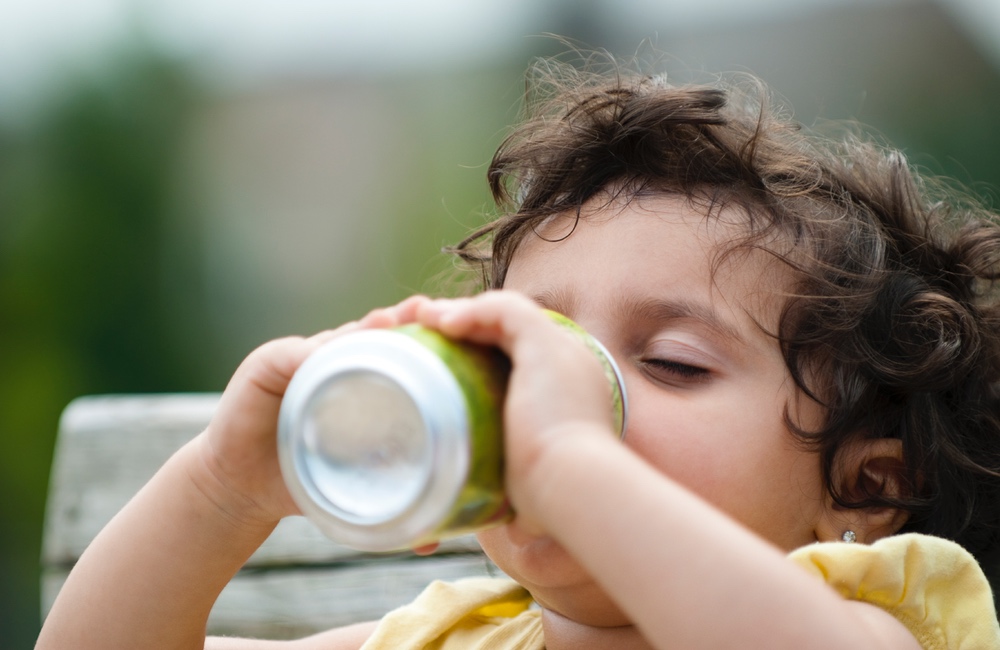Mamas, don’t let your babies grow up to be sugary beverage drinkers. Sugar-sweetened drinks are implicated in dental cavities, childhood obesity and the risk of some chronic diseases of adulthood such as type 2 diabetes. And now a study has found that when sugar-sweetened beverages are consumed early in life, they may lead to memory problems in adulthood.
Almost two-thirds of American youngsters drink at least one sugary beverage every day and, according to the Centers for Disease Control and Prevention, children between the ages of 9 and 18 exceed the recommended sugar intake with most of their sugary calories coming from sugar-sweetened beverages.
Sugary beverages can damage the hippocampus, a brain area that plays an important role in many cognitive functions and is still undergoing development into late adolescence. Could a high sugar diet alter or impair the function of this part of the brain in children and teens?This new information should cause parents to consider the sugar content of their children’s diets, not only sugary drinks, but candy and other types of sweet treats, too.
One group of adolescent rats was fed their regular food and allowed to drink freely from an 11 percent sugar solution, similar to the sugary beverages that humans consume. Another group drank only water.
When the rats reached adulthood, scientists gave them a memory task that was dependent on the function of the hippocampus. Rats that drank sugary beverages were less able to complete the task compared to rats that were given only water early in life. These rats also had higher levels of a type of gut bacteria called parabacteriodes. The higher the levels of the bacteria, the worse the rats performed on the memory task.
In another memory task that involved the function of the perirhinal cortex of the brain, sugar did not seem to affect the memory of the rats.
Scientists then experimentally transplanted the parabacteriode bacteria into the rats that drank only water. Those rats showed memory problems in both the hippocampus and the perirhinal cortex, leading the scientists to believe that impaired brain function due to diet may be associated with changes in the microbiome of the gut.
Results from animal studies don’t always turn out the same way in human studies, but this new information should cause parents to pause and consider the sugar content of their children’s diets, not only sugary drinks, but candy and other types of sweet treats, too.
The study is published in Translational Psychiatry.





